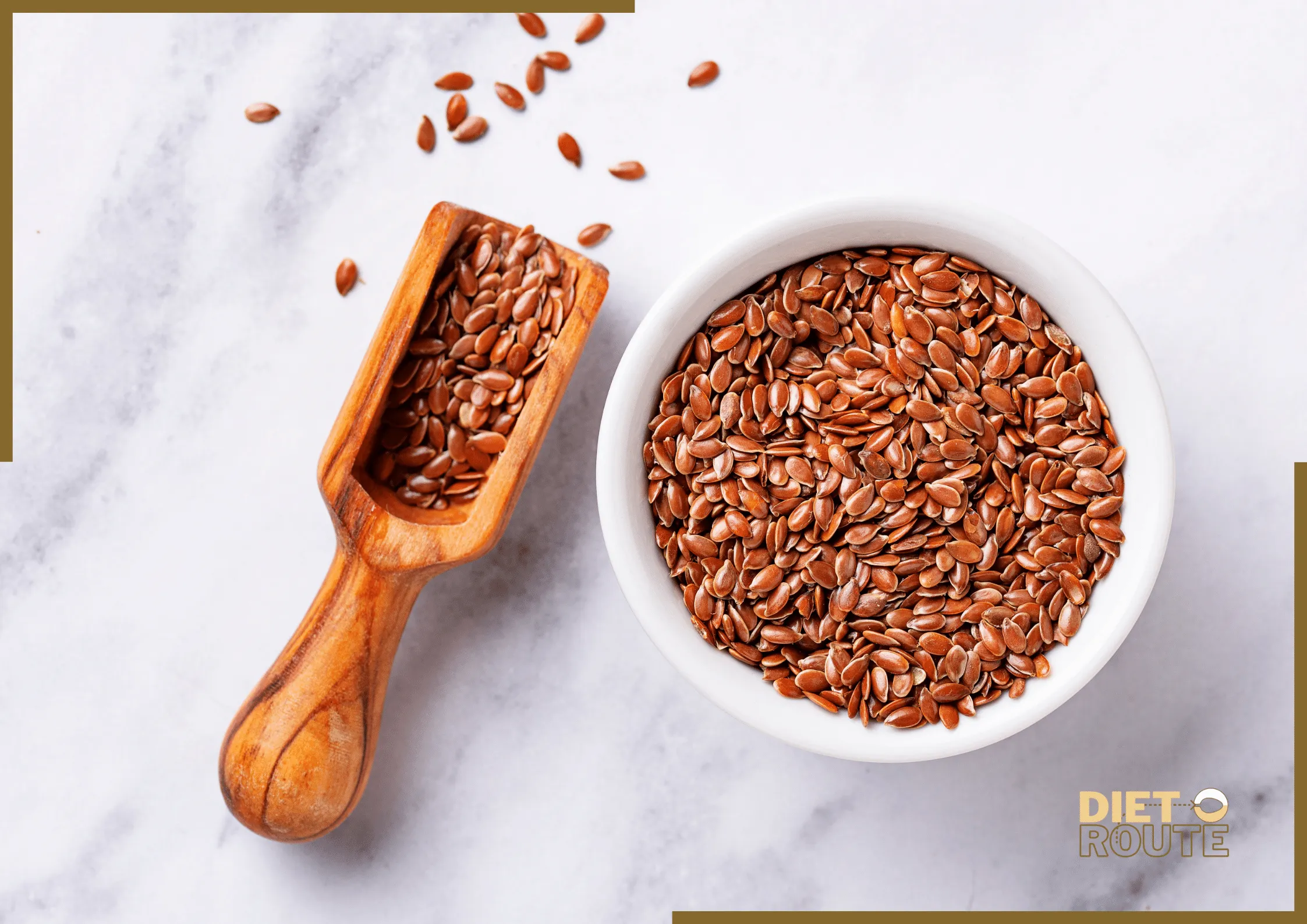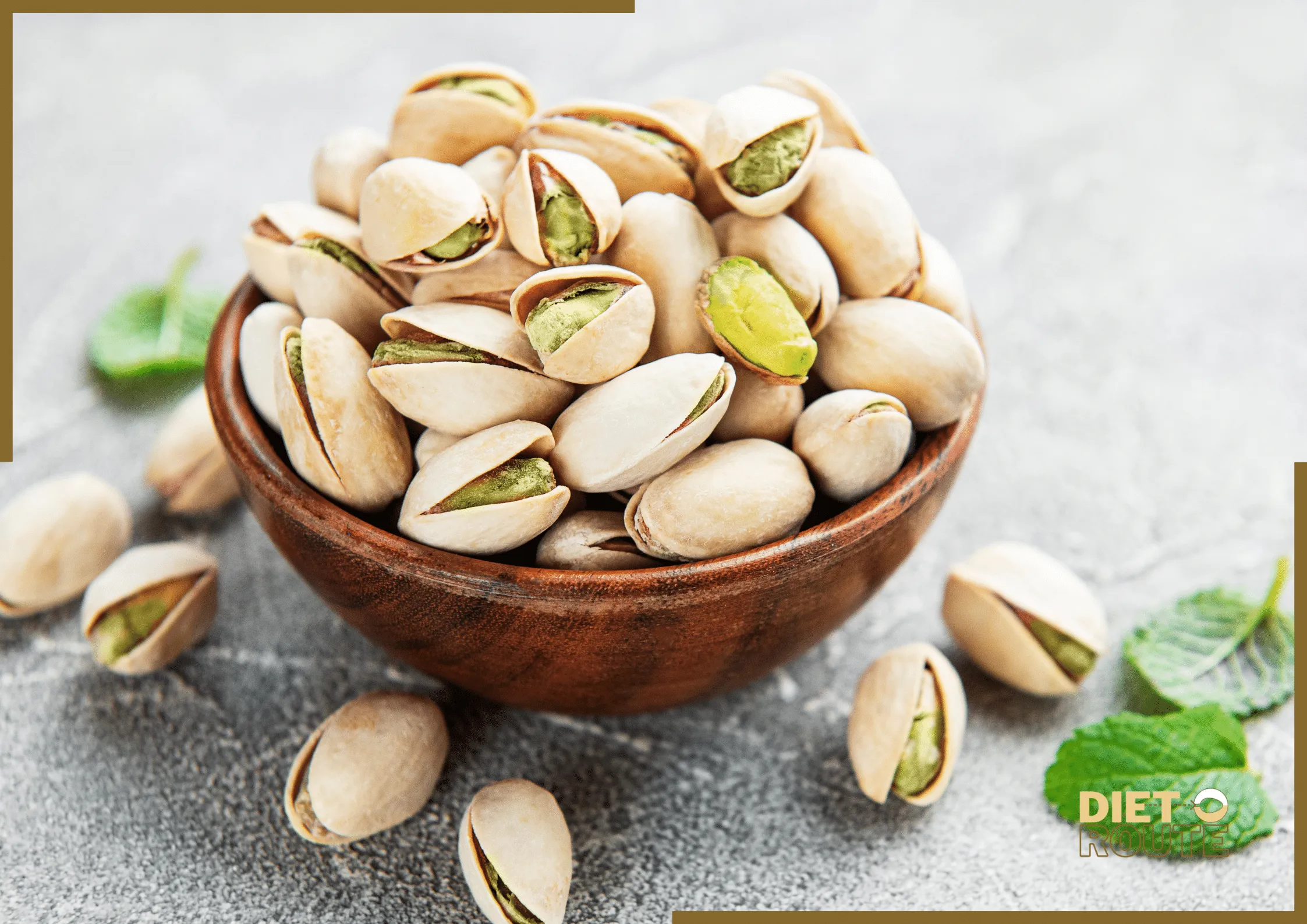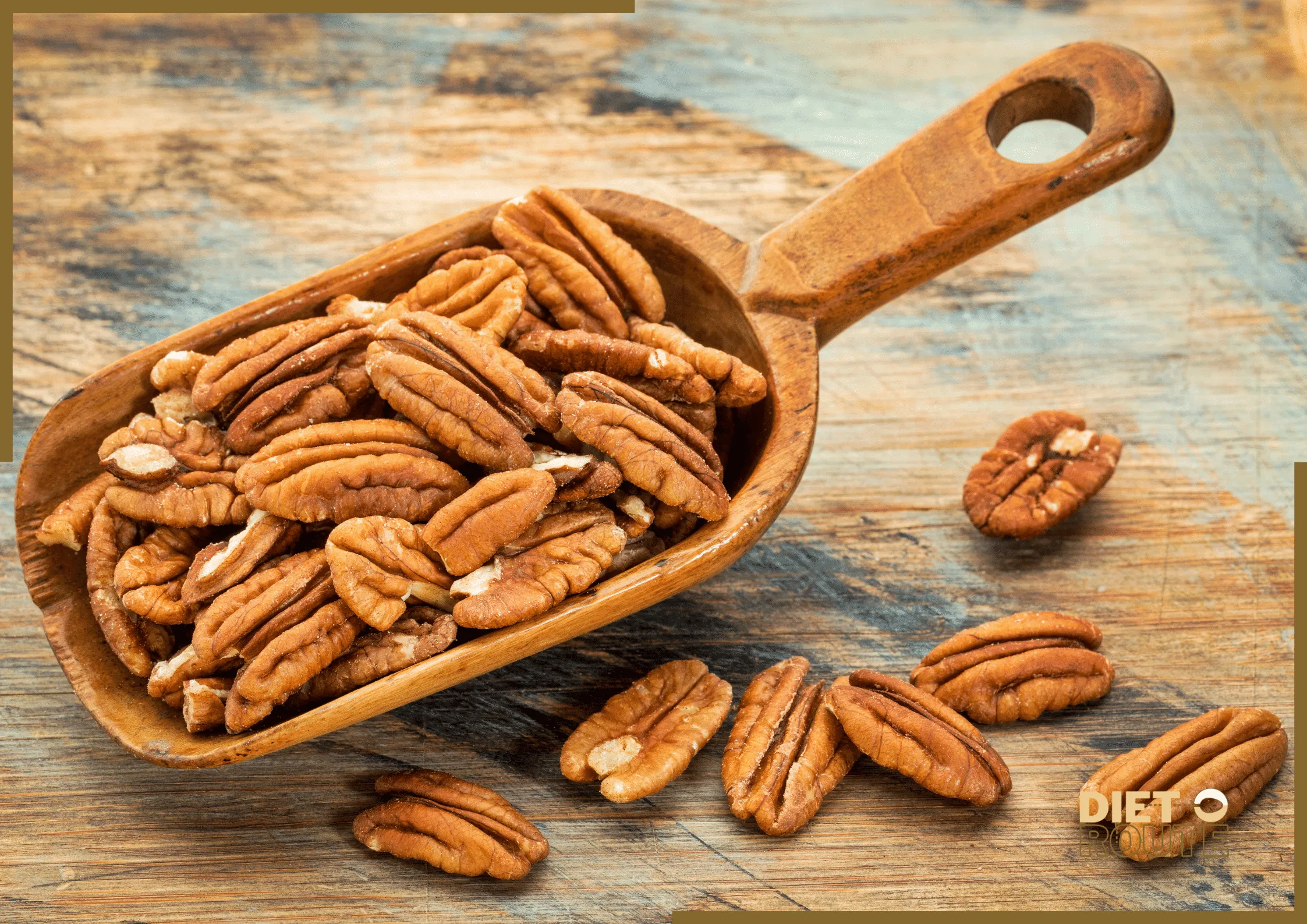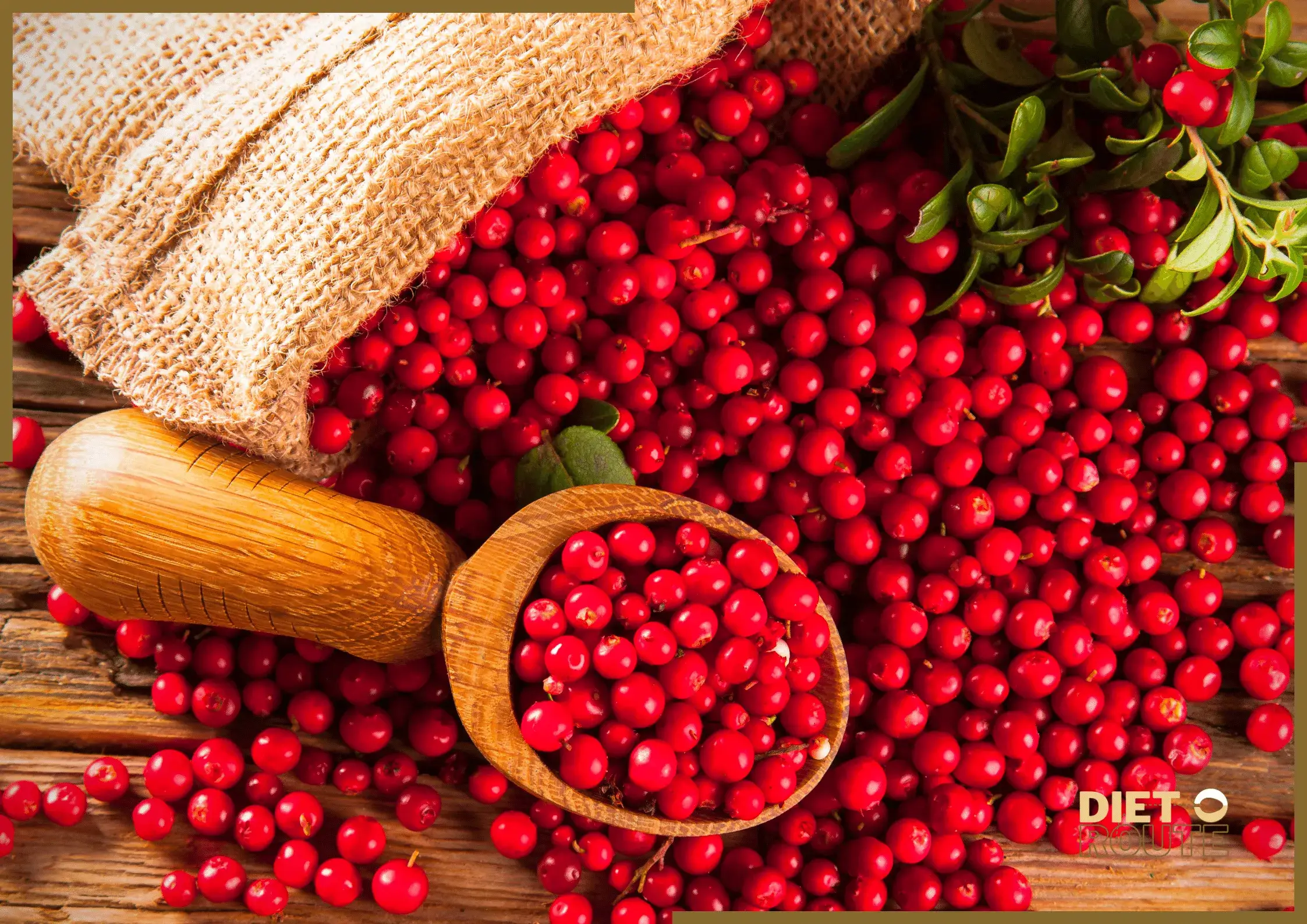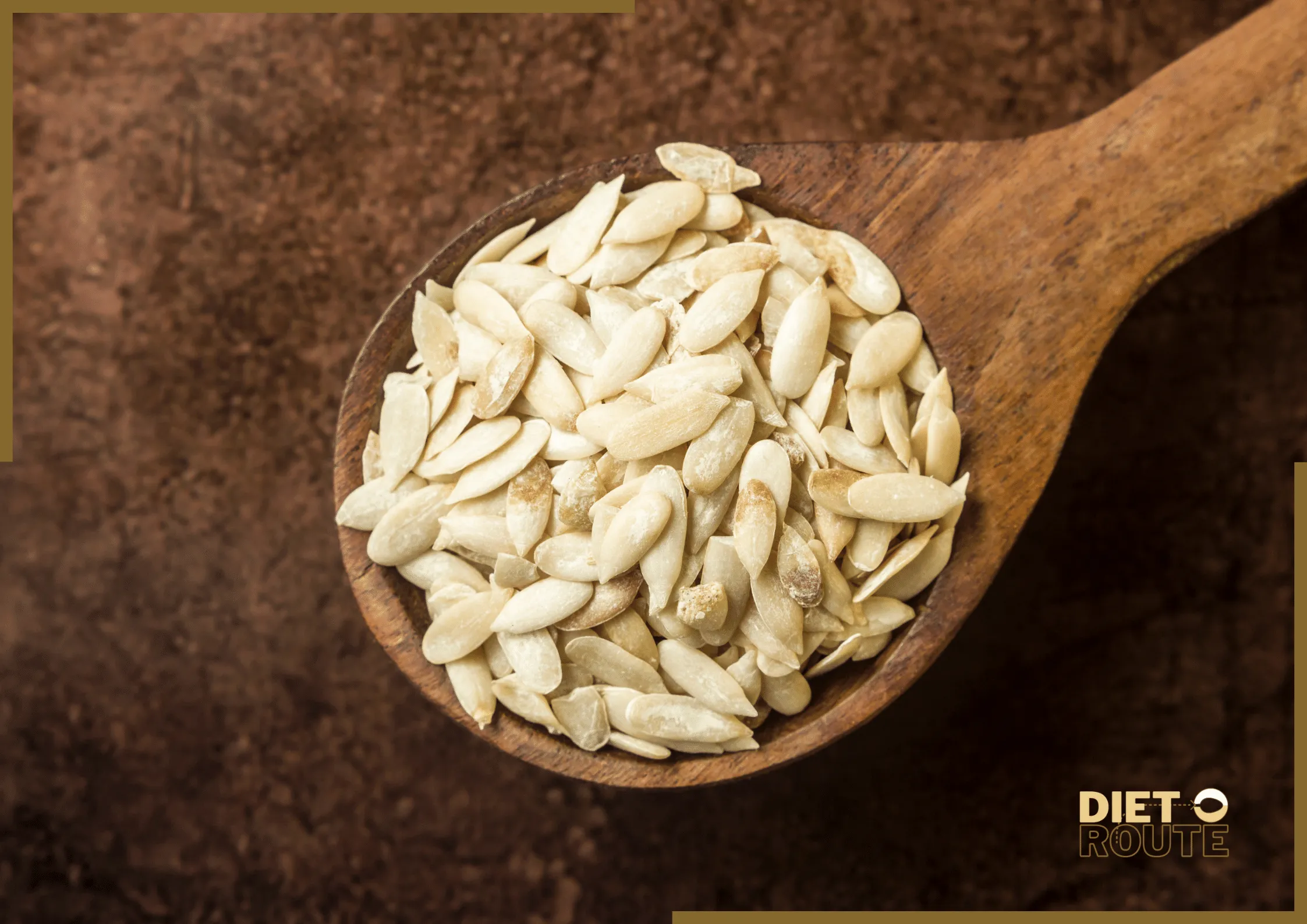Table of Contents
Introduction
Dried figs, with their sweet and chewy texture, have been a popular treat for centuries. They are not only delicious but also rich in nutrients and may provide various health benefits. This article provides a comprehensive analysis of the nutritional benefits presented in a tablular format. It also covers the advantages and disadvantages of consuming, addresses frequently asked questions, and concludes by emphasizing the importance of including them in your daily diet.
Nutritional Value Approximately 100g
The values provided are approximate can vary depending on the size and ripeness.
| Nutrient | Amount | % Daily Value |
| Calories | 249 | 12% |
| Total Fat | 0.9 g | 1% |
| Saturated Fat | 0.1 g | 0% |
| Trans Fat | 0 g | – |
| Cholesterol | 0 mg | 0% |
| Sodium | 9 mg | 0% |
| Potassium | 680 mg | 19% |
| Total Carbohydrate | 63.9 g | 21% |
| Dietary Fiber | 9.8 g | 39% |
| Sugars | 48.9 g | – |
| Protein | 3.3 g | 7% |
| Vitamin C | 1.2 mg | 2% |
| Calcium | 162 mg | 16% |
| Iron | 2 mg | 11% |
| Magnesium | 68 mg | 17% |
| Phosphorus | 67 mg | 7% |
*Percent Daily Values (% DV) are based on a 2,000-calorie diet.

Pros
1.Dried figs are packed with essential nutrients, including fiber, minerals, and vitamins, contributing to a well-rounded diet.
2. are an excellent source of dietary fiber, promoting healthy digestion, aiding in weight management, and supporting heart health.
3. They contain antioxidants that help protect against cell damage caused by harmful free radicals.
4. They offer a natural and satisfying sweetness, making them a healthier alternative to refined sugars.
5. The calcium and potassium content in dried figs may contribute to maintaining healthy bones.
Cons
1. They are naturally high in sugar, so they should be consumed in moderation, especially for individuals with diabetes or those watching their sugar intake.
2. They are relatively calorie-dense, so portion control is important, especially for those on a calorie-restricted diet.
Frequently Asked Questions (FAQs)
-
1. Are dried figs a good source of fiber?
Yes, they are an excellent source of dietary fiber, promoting healthy digestion and aiding in weight management.
-
2. Can dried figs be included in a weight loss diet?
While they offer health benefits, they should be consumed in moderation as part of a balanced diet due to their calorie and sugar content.
-
3. Are dried figs suitable for individuals with diabetes?
Individuals with diabetes should consume in moderation and consider their overall carbohydrate intake. Consulting a healthcare professional is recommended.
-
4. Can dried figs help with constipation?
Yes, they are known for their natural laxative properties, thanks to their high fiber content, which can aid in relieving constipation.
-
5. Do dried figs provide iron?
Yes, they contain iron, which is an essential mineral involved in various bodily functions, including the production of red blood cells.
-
6. Can dried figs be a part of a gluten-free diet?
Yes, they are naturally gluten-free, making them a suitable choice for individuals following a gluten-free diet.
-
7. Are dried figs a good source of antioxidants?
Yes, they contain antioxidants that help protect against cell damage and promote overall health.
-
8. How can dried figs be incorporated into meals?
They can be enjoyed on their own as a snack, added to salads, oatmeal, yogurt, or used in baked goods and desserts.
-
9. Can dried figs cause allergies?
While allergies to them are rare, individuals with known allergies to figs should avoid consuming them.
-
10. Where can I purchase dried figs?
They are commonly available in grocery stores, health food stores, and online retailers. Look for organic and high-quality options for the best nutritional benefits.
In a Nut Shell
Dried figs offer not only a delightful taste but also a wealth of essential nutrients and potential health benefits. They are rich in fiber, minerals, and vitamins, making them a valuable addition to a balanced diet. While enjoying the natural sweetness of dried figs, it’s essential to consume them in moderation, considering their calorie and sugar content. By incorporating into your meals and snacks, you can enhance your overall nutrition and indulge in their unique flavor and benefits. Remember to consult a healthcare professional if you have specific dietary concerns or conditions. Embrace the nutritional benefits and explore creative ways to incorporate them into your daily culinary adventures.

